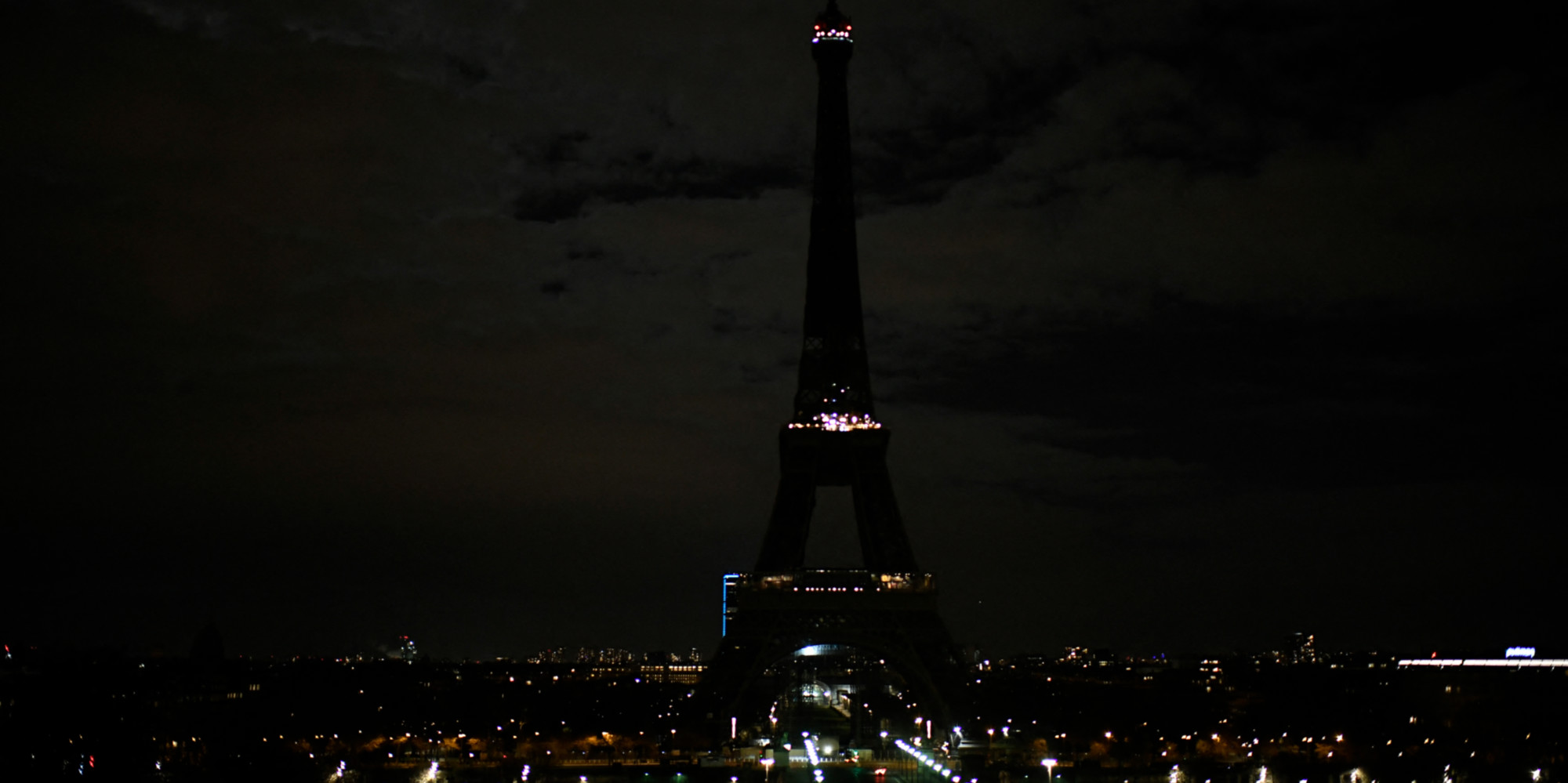Louise Sallé, edited by Laura Laplaud 09:48, March 25, 2023
This Saturday, WWF is organizing the "Earth Hour". For 16 years, every 25 March, iconic monuments around the world have turned off their lights for an hour to raise awareness about reducing energy consumption.In France, many buildings, museums and stadiums participate in the "Earth Hour" operation, launched by WWF. For an hour, iconic monuments around the world turn off their lights. Objective: to raise citizens' awareness of reducing energy consumption. But also to all types of eco-gestures to reduce greenhouse gas emissions.
>> Find Europe morning weekend 6-8 in podcast and replay here
A complex operation to organize
Arc de Triomphe, Eiffel Tower in Paris, but also Basilica of Fourvière in Lyon and many other cultural places in the country will all be plunged into darkness this Saturday evening at 20:30. An initiative more complex to organize than it seems.
"It's not easy to convince monuments. Turning off the Eiffel Tower is not a benign signal, especially in a country as touristic as France and a city as touristic as Paris. The idea is not to send back a message of scarcity, it is to say: let's pay attention to our energy consumption, let's pay attention to our ecological footprint, try to reduce it as much as possible," explains Arnaud Gaucher, director of programs at WWF France.
Changing your habits to reduce your ecological footprint
The challenge is therefore to encourage citizens to think about their way of life. "The idea is to take that time to take stock of your personal consumption, if only on food. For example, eating less meat is one of the best ways to reduce your ecological footprint and your footprint on biodiversity. To change its modes of travel, to favor the train to the plane, "he lists.
A live tweet hosted by influencers will also take place for seven hours to discuss individual actions to be implemented daily.

